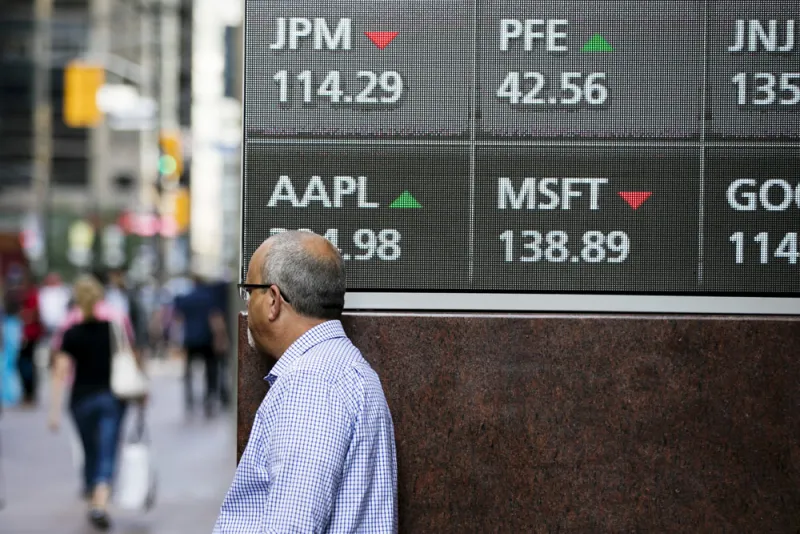When a hedge fund manager is highly confident in a short position, that bet is more likely to pay off, according to a new paper from researchers at Imperial College London.
Short bets made with high conviction outperform those which make up a smaller proportion of manager portfolios, found finance professors Pasquale Della Corte and Robert Kosowski and doctoral researcher Nicolas Rapanos.
For the study, the trio analyzed publicly disclosed daily short positions in Europe from 2012 through 2018. They grouped shorted stocks into five portfolios ranging from the lowest-conviction shorts to the highest-conviction bets, and evaluated how each portfolio would perform on a long-only basis.
“Investors’ confidence in each of their holdings is not uniform,” the Imperial College researchers wrote. “Investors allocate more capital toward the securities in which they have a higher level of conviction.”
The companies which were shorted with the least conviction delivered the highest returns as long bets, with an equal-weighted version of the portfolio earning annualized returns of 8.15 percent, versus 7.72 percent for a value-weighted portfolio.
The highest-conviction short bets, meanwhile, made for the worst long positions: The equal-weighted portfolio lost 1.28 percent, while the value-weighted portfolio produced annualized returns of just 0.67 percent.
[II Deep Dive: The Case for More Short Selling]
Noting that the alpha produced by long bets appeared to decrease as short conviction rose, the authors suggested that “high-conviction shorts are indeed good shorts ex-post, whereas low-conviction shorts would be better as long investments.”
However, in addition to higher conviction resulting in higher-performing short positions, the authors discovered that these stocks were more exposed to the risk of a “short squeeze,” or a “situation in which a heavily shorted stock may experience a rapid increase in price due to a positive development that is amplified as short-sellers cover their positions.”
Other downsides of stocks that were shorted with the most conviction included higher borrowing fees and volatility, the authors found.







